In 2012, Standard Chartered Bank (SCB) was fined $1 billion for violating the United States’ sanctions against Iran.
For ten years the executives of the UK-based bank carried out thousands of transactions worth $250 billion on behalf of Iranian companies and concealed them from the US.
The indictment brought in by the US authorities later revealed how the bank manipulated its books to hide the source of funds. But it was the crass quote from a senior bank executive that became the main highlight of SCB’s case.
“You f***ing Americans. Who are you to tell us, the rest of the world, that we are not going to deal with Iranians?” This was a SCB’s group director reprimanding a junior officer who had red flagged the Iranian transactions.
The name of the director was never officially disclosed. Other than imposing penalties, no one was charged and no one was sent to jail.
Over the years the list of banks which circumvented the sanctions grew. So did the size of the penalties. Among them were HSBC, ING and the French bank BNP Paribas, which was slapped with the largest-ever fine of $8.9 billion.
Most of these and other violators of US laws walked away after paying a penalty. There was rarely a criminal conviction — at least not of someone who wasn’t a US citizen.
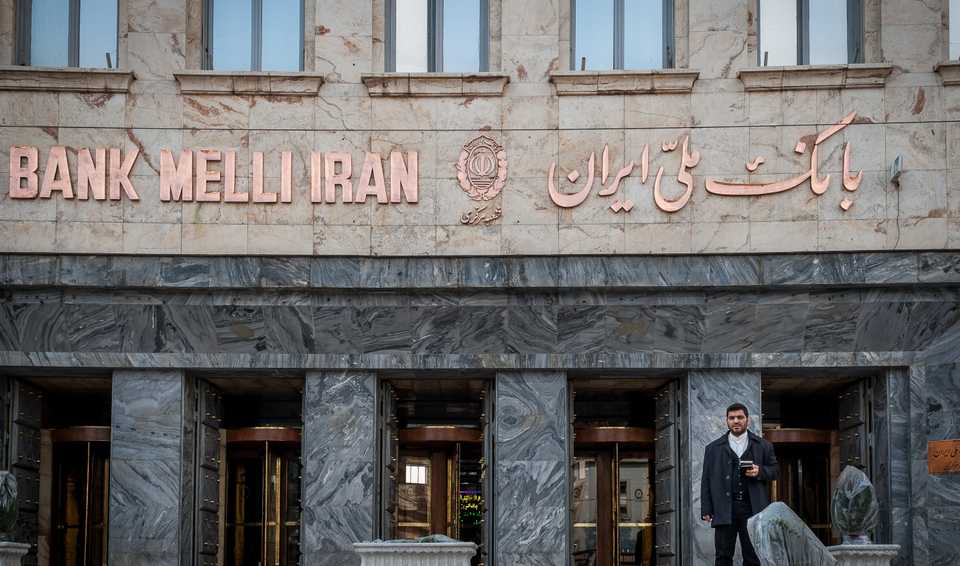
Yet, something unusual is happening with an executive of Turkish state-run bank, Halkbank. Mehmet Hakan Atilla has been arrested for violating the US sanctions on Iran.
He is accused of helping Turkish-Iranian businessman Reza Zarrab move Iranian money.
Zarrab, on the other hand, has turned into a witness against Atilla and eight others, including Turkey’s former economy minister Mehmet Zafer Caglayan.
These proceedings, which have taken a political turn, are adding strain to already fraught diplomatic relations between the US and Turkey, two NATO allies.
With the US or against the US
“I can’t remember any example of such a case,” says Harsh Pant, a professor of international relations at King’s College London.
Pant says that bankers and politicians from other countries aren’t usually prosecuted in the US for violating its sanctions.
Before the 2015 deal between Iran and six world powers — the US, UK, Russia, France, China and Germany — to ease the sanctions, Iran faced economic curbs for more than two decades.
Those imposed by the United Nations were followed by most countries. But as the US tried to enforce its own bilateral restrictions on international trade and finance, several countries differed.
Pant says the problem arose when the US singlehandedly asserted sanctions based on its domestic politics.
Technically, US foreign policy measures, such as economic sanctions, are not obligatory for other countries, but because of the US’s strong influence in the financial world, many nations tend to follow its line.
Every dollar-denominated transaction, be it a payment for imported oil, or remittance being sent home from another country, has to go through New York’s dollar clearing system.
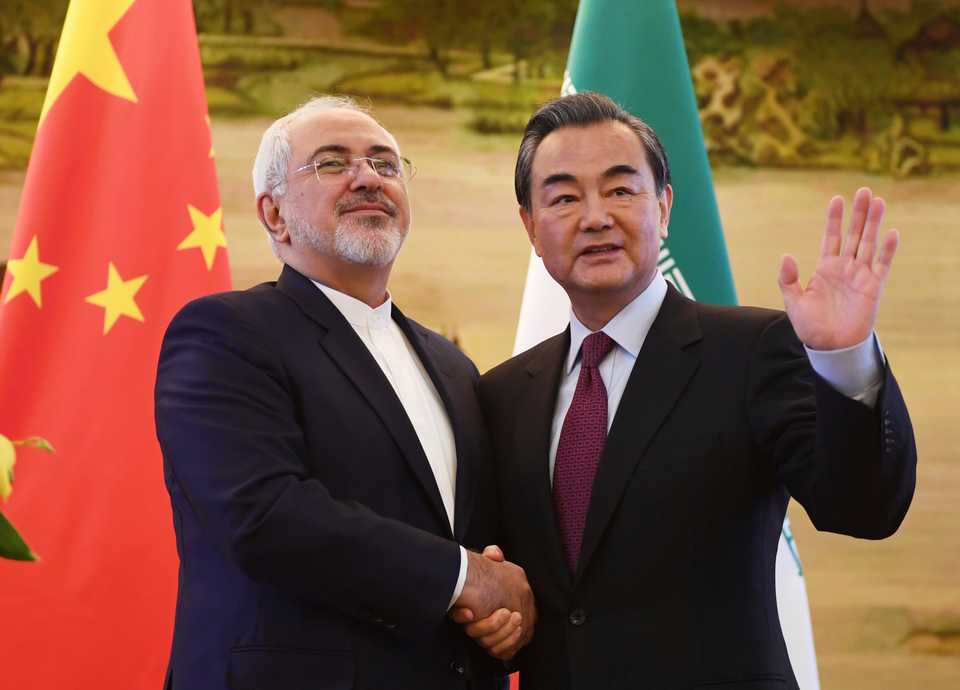
It is for this reason that many of the international banks have offices in New York. Those that do not have their own clearing offices, such as Halkbank, rely on others, known as corresponding banks, to perform this function.
The United States made it difficult for Iran to buy and sell goods in international trade by blocking it from the US clearing system in February 2012.
A few months later it forced the Belgium-based SWIFT bank message system to do the same. Afterward, Iran was not even able to convert payments to euros.
This did help the US achieve the purpose of putting pressure on the Iranian economy over its disputed nuclear programme. It did not, however, stop the Islamic country from reverting to using gold as currency.
One of the world’s biggest producers of oil and gas, Iran wasn’t going down without a fight. And it had big customers who depended on it to meet their energy needs.
“India is a major Iranian oil importer, and the two trading partners took steps to implement an oil-for-gold swap, whereby India would buy gold on global markets and swap it with Iran for oil shipments,” writes James Rickards in his book “The Death of Money”.
“In turn, Iran could swap the gold with Russia or China for food or manufactured goods.”
Turkey, which imports oil and gas from neighbouring Iran, also had no choice but to trade in gold.
Iran also used other alternatives such as selling oil on credit to circumvent the restrictions. It took payments in the local currency of its trading partner and used that to buy goods on the international market.
This is how it worked.
“Iran could ship oil to India and receive Indian rupees deposited for its account in Indian banks. The use of those rupees by Iran is limited to purchases in India itself, but Indian agents can quickly adapt to import Western goods with dollars and sell them to Iranians for rupees, at high markups to compensate for the time and trouble of re-exporting the Indian imports,” writes Rickards.
Such a system inevitably caused disputes over size of payments.
“This leads to complications,” says Pant. “There have been differences between India and Iran because the calculations that are done come out differently on both sides. It was a point of contention between the two countries on how you drive the calculations which are not denominated in dollars.”
Alternatives other than dollar-denominated transactions mean higher costs.
“Import of oil becomes expensive. In that context India had to curtail import of Iranian oil — not because America has asked them but because huge transaction costs are involved in getting fuel out of Iran.”
Both China and Iran saw a sharp drop in imports of Iranian oil between 2011 and 2013. It would be Turkey’s reliance on Iran to meet its energy needs that would entangle it with the ongoing trial in the US.
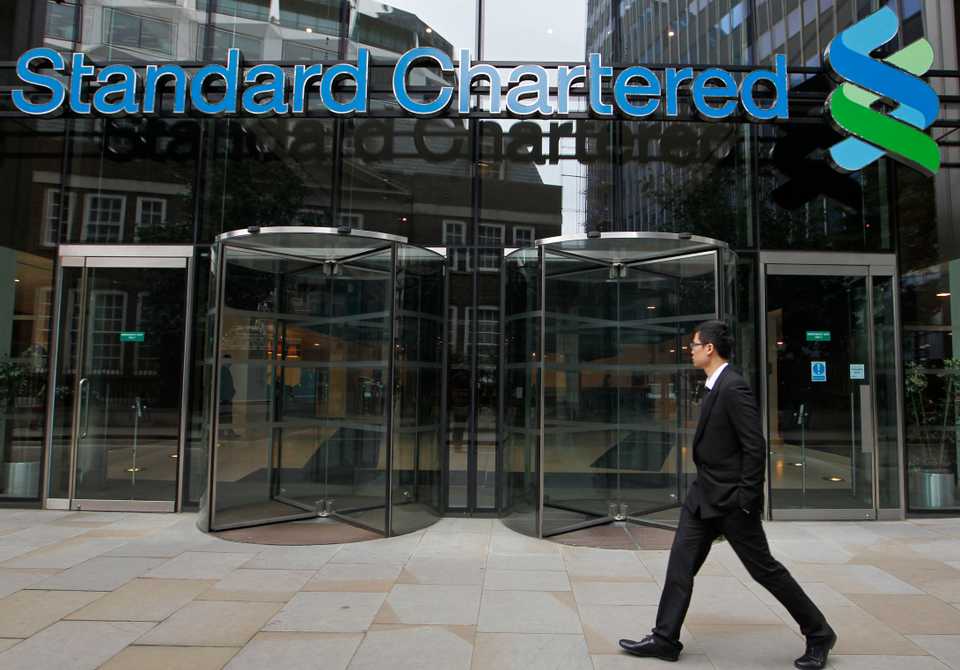
The Zarrab conundrum
Turkey’s trade relations with Iran were no secret. It was reflected in its balance of payments all along.
Unlike other countries, it also couldn’t cut its gas imports overnight — the gas is imported via a multimillion-dollar transnational pipeline, which represents a fixed cost that has to be borne even if no gas passes through it.
Zarrab, the businessman at the centre of the controversy is accused of shipping gold on behalf of Iranians. In March 2016 he conveniently made himself available for arrest to US authorities.
Atilla, the Halkbank executive, was arrested earlier this year while he was in the US on an official trip.
But did Turkey violate the US laws and its sanctions?
The US laws can be breached if something happens within the US borders. Since the dollar payments go through its financial system, any business transaction related to sanctioned Iranian entities is considered a violation of its laws.
Turkey says it didn’t violate any international law and the country was looking after its own interests while trading with Iran.
“Regardless of the outcome of the case, we didn’t violate the sanctions. The world doesn’t just consist of the US. We have energy and commercial cooperation with Iran,” President Recep Tayyip Erdogan said last month.
The indictment against Atilla accuses him of helping Zarrab move Iranian funds through the US financial system using Halkbank.
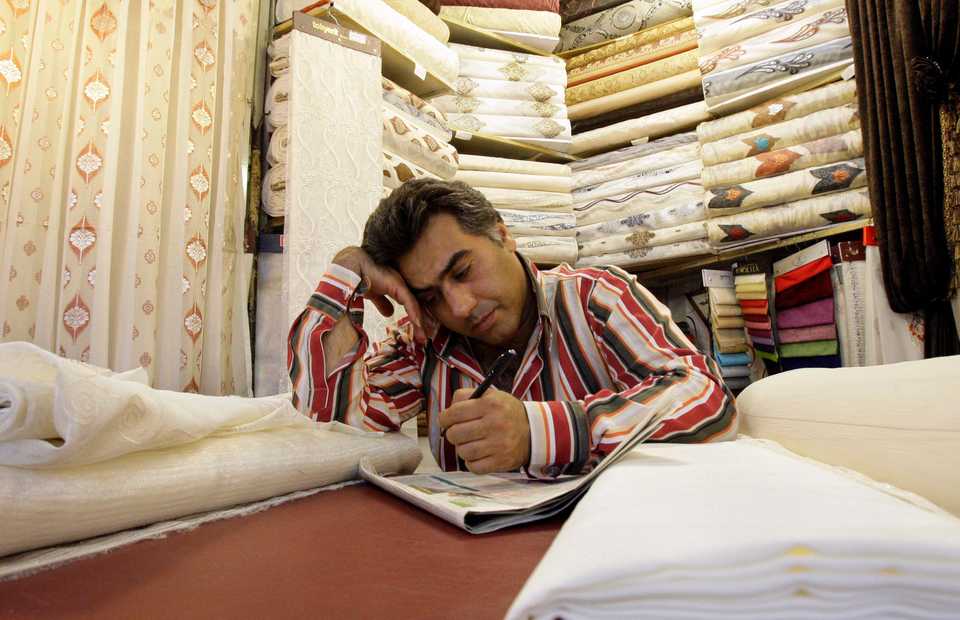
But Halkbank says it did not use either US dollars or its financial system to trade with Iran.
“Our bank’s operations and transactions fully comply with national and international regulations all the time,” it said in a statement.
The indictment, which has been revised multiple times, does not specify the contentious transactions.
Instead, the US prosecutors are using wiretap recordings to make the case against Atilla and others. They haven’t disclosed the source of the wiretaps.
But it is widely reported in Turkey’s press that the tapes were related to a politically motivated investigation, which rattled Turkish politics in 2013. The local probe also involved Zarrab and Iran sanctions.
However, no one was implicated and the Turkish authorities dropped the charges later.
While Halkbank’s executive is being accused of laundering Iranian funds, the case record also suggests that Zarrab made millions of payments from the UAE to banks and companies in the US and elsewhere.
The indictment doesn’t cite those banks as doing anything wrong.
The US authorities have acted differently in similar cases.
Last year, Kenneth Zong, a US citizen, was indicted by the US Department of Justice, for laundering money on behalf of Iranians. He moved $1 billion in Iranian funds held in South Korean banks to other countries and converted them to various currencies.
The Korean banks weren’t charged in the indictment. Only Zong faced criminal charges.
Turkey insists it did not violate UN regulations and there’s no reason for it to abide by the US laws. And other countries are on the same page.
“We will only abide by sanctions, which the United Nations has approved,” says Pant, referring to the stance of other countries on the US-led trade sanctions.
“We will not abide by sanctions, which America’s domestic politics approves.”
He says it’s possible the US will use the Atilla case for political reasons.
“It depends on whatever political climate you are looking at. And if the US-Turkish relations aren’t going really well then America would be tempted to use it as a leverage.”

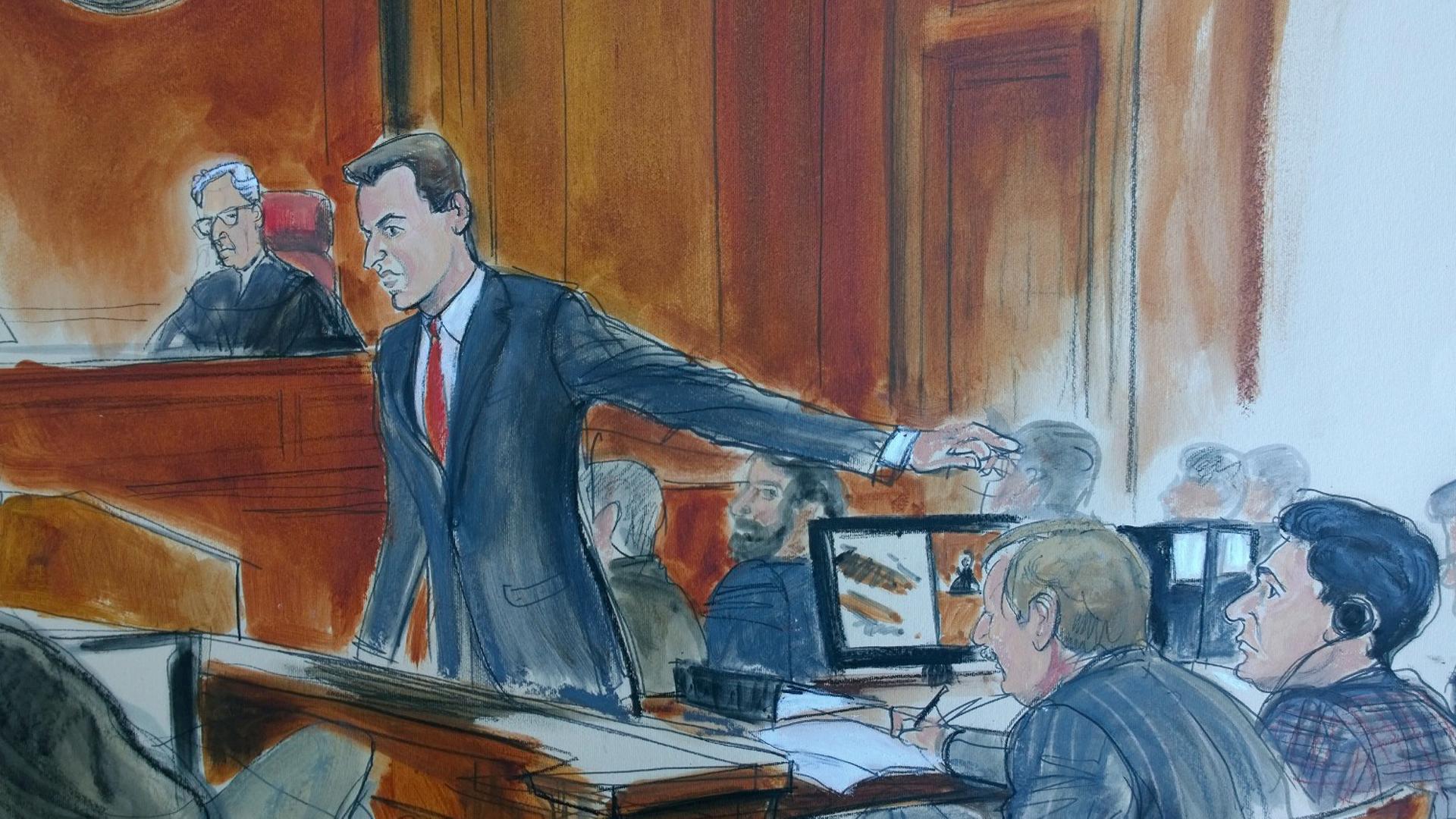








Discussion about this post